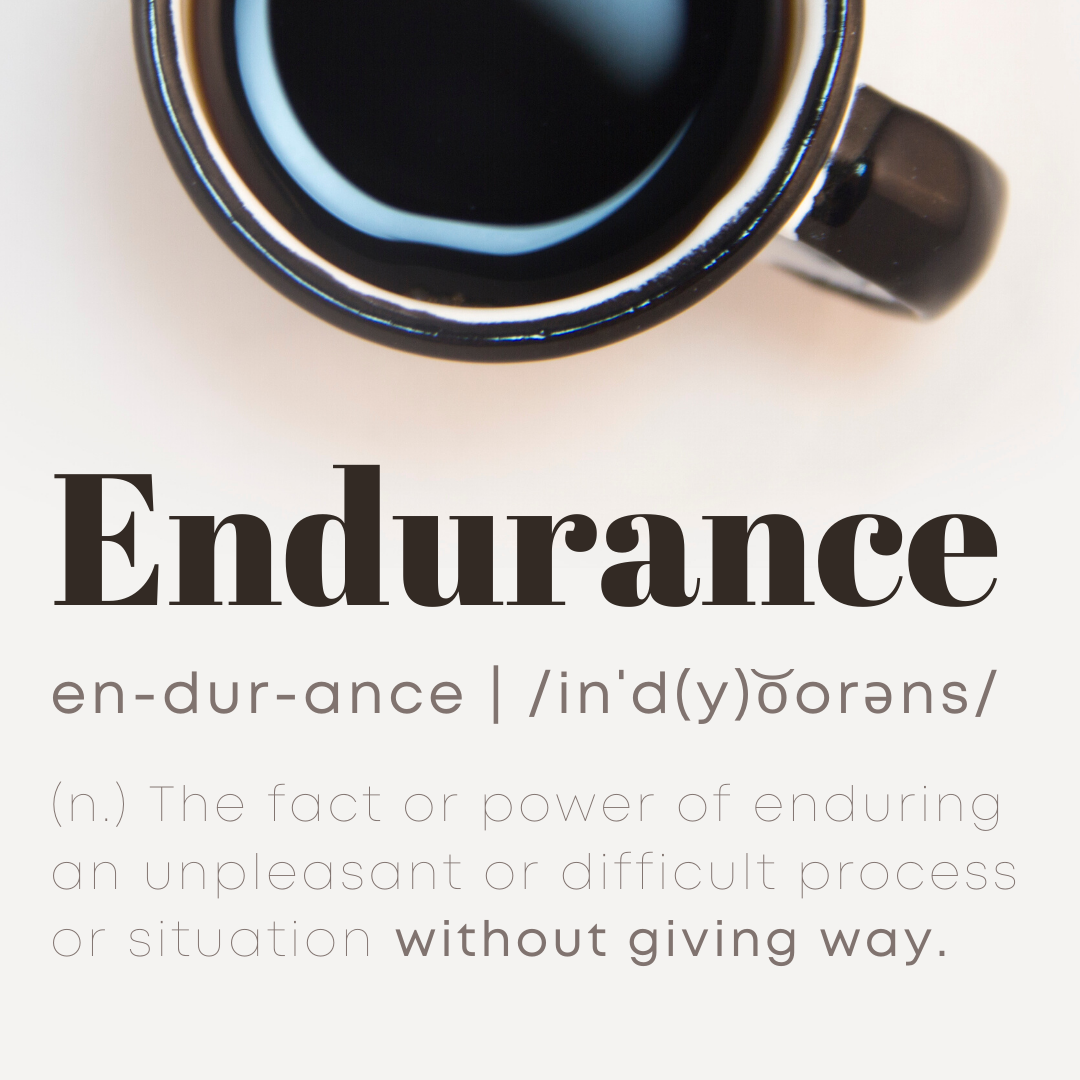
Endurance
?On Friday night in the Cumberland Mountains of east Tennessee, 28 men and 7 women lie in tents half-asleep anticipating the sound of a conch shell echoing through the Big Cove Campgrounds.? That's how Dave Seminara begins his 2013 New York Times story about the Barkley Marathon, a 100-mile footrace through the wilderness of Tennessee's Frozen Head State Park. Long before the conch sounds though, the racers, seeking to test themselves against nature and one another, are already survivors of sorts. The Barkley is almost as tough to enter as it is to complete. ?You've got to do some real ninja thinking just to get in,? one contestant said.
There's no website explaining how to enter and no set race date. The first step is to figure out where and when to send a required essay on why one should be allowed to compete, pay the peculiar $1.60 entry fee, and take an exam with curious questions like, ?What's the most important vegetable group?? If you do get in, the race organizer, a man compellingly named Lazarus Lake, sends you a condolence letter, urging you to rethink your decision.
You have to be a tremendous athlete to take on the Barkley, but also a gifted route-finder. There's a rudimentary map posted at the start, but the runners have to copy it down themselves. Once the conch sounds, they all launch into the mountains facing sleet and freezing temperatures along the highest ridges, then blistering heat in the valleys below. ?The course is the primary villain,? a veteran racer said. The terrain, multiple ascents and descents, is equivalent to climbing Mount Everest twice, all within the race's 60-hour time limit which forces competitors to rush through heavy thorns and brambles with little or no sleep. In addition, throughout the race, Lake taunts the competitors, playing ?Taps? on an old bugle whenever a racer succumbs to the course's brutality and drops out.
To confirm no one cheats, Lake's co-organizer, known only as Raw Dog, hides 10 books with titles like ?Heart of Darkness? and ?Doomed? at points along the course requiring runners to rip out the page of the book which matches their race number. There are no comfort stations, no GPS devices, and no cellphones allowed. The first ten years of the race, no one finished. Then one did, then six years passed before the next one did. All told, only 18 people, less than 2 percent of the nearly 800 ultra-runners, have ever completed the race. ?All the other big races are set up for you to succeed. The Barkley's set up for you to fail. The clock doesn't stop,? Lake says, ?and it's not going to go as planned.?
Does any of this sound familiar? Do you feel like you?re in a race over perilous unmarked territory with hopeless instructions, an array of mostly unknown forces aligned against you? We?re over three months into this brutal season with no discernible end in sight. So, what do you do when you don't know the terrain ahead, how long the race might be, or even if you are still on the course?
St. Paul, in all his epistle-writing, raises a racing metaphor once or twice, once setting out a rough map. Suffering, he tells the Romans, produces perseverance; perseverance, character; and character, hope. When we suffer, we want hope to follow on quick, but we have to stay to the route, station to station. Suffering doesn't lead immediately to hope, but first to perseverance, then it's perseverance - that experiential grit that cuts the grooves into our lives like lines in the face of an old actor playing a consequential part - that then leads to character. The hope that Scripture promises then emerges from the strength and earned confidence that character bestows. Station to station. Step by step. You've got to follow the map.
?We?re made to endure challenges,? Lazarus Lake says. ?The real joy is seeing people who find something in themselves that they didn't know was there.? We're all doing something arduous right now in this season, but as another one of the Barkley racers said in what seems like his own translation of Romans: ?When you go through something like this, you can say you've struggled. You've overcome. You've gotten through. Then you?re more confident. You not only enjoy your life more, you feel like you can do things. You can take on other challenges you wouldn't otherwise try. You'll get to points that you wouldn't have otherwise reached.?
God?
When the trail seems to disappear and the map seems confused, grant us strength to endure and faith to trust the sequence: suffering leads to perseverance, perseverance to character, character to hope. Amen.
?Greg Funderburk





